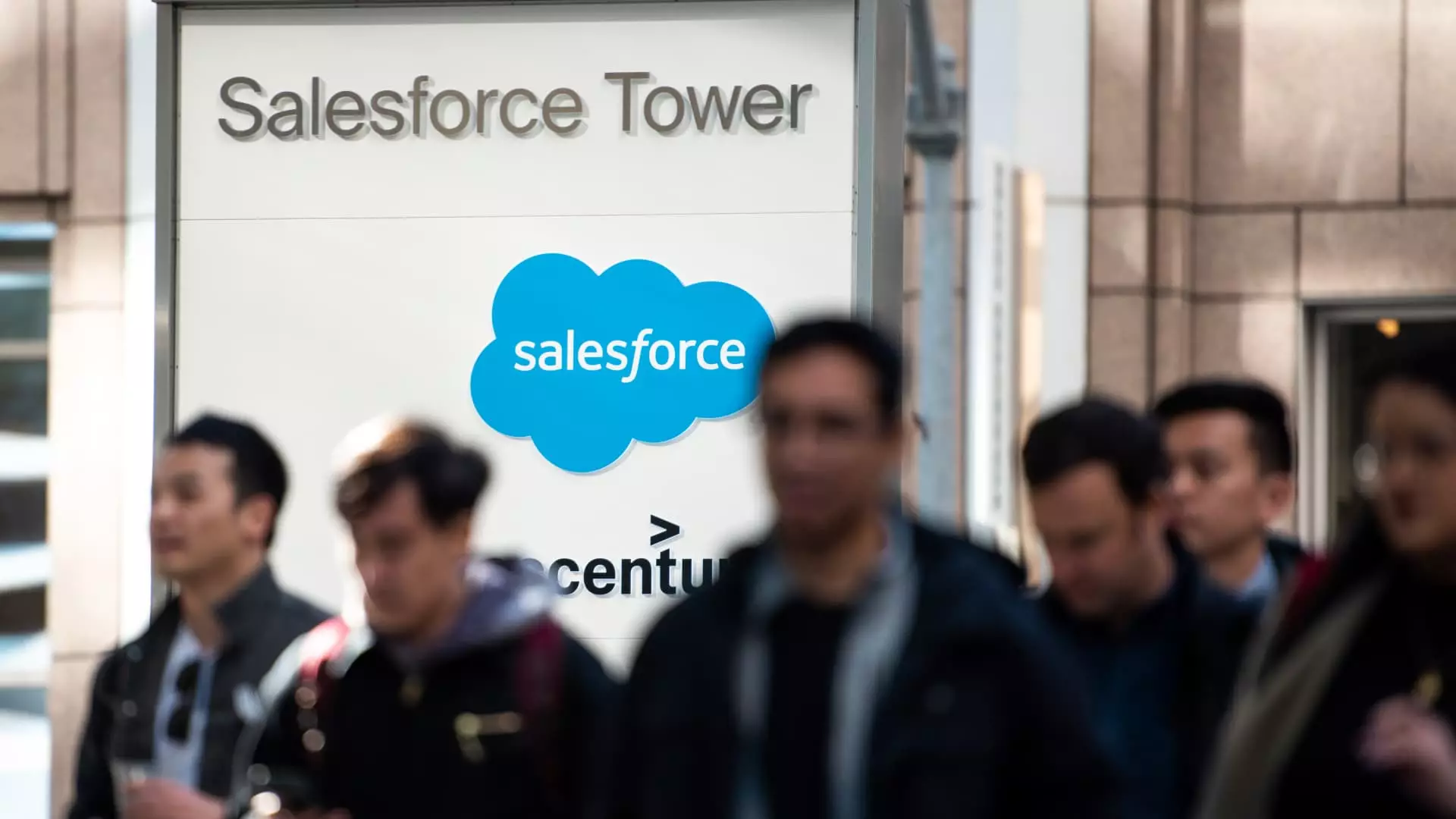The real estate market in San Francisco has been facing significant challenges, with the vacancy rate for office space reaching a record high of 34.5% in the second quarter. This is a stark increase from previous years, showcasing the impact of both the Covid-19 pandemic and the slowdown in the tech industry. The average asking rent has dropped to $68.27 per square foot, reflecting the lowest prices in recent years.
Despite these struggles, artificial intelligence (AI) startups have been making waves in San Francisco. Companies like OpenAI, with a private valuation exceeding $80 billion, have been leasing large amounts of office space in the city. OpenAI’s recent lease of 500,000 square feet in the Mission Bay neighborhood marked the largest office lease since 2018. This trend has been echoed by other AI companies like Anthropic and Scale AI, demonstrating the growing popularity of AI in the real estate market.
Senior research director Robert Sammons highlights that while AI startups are contributing to the demand for office space, the broader trend is a shift towards hybrid work models. Tech companies, law offices, and consulting firms are looking to reduce their office footprint, aiming to relocate to higher quality spaces in more desirable parts of the city. The focus is on attracting employees back to the office by providing amenities and proximity to restaurants and shops.
Despite the positive signs of absorption and stabilization of office job numbers, there are concerns about the continued fall in rents and rise in vacancies. The uncertainty surrounding the upcoming presidential election has also been identified as a factor causing delays in new leases. Sammons suggests that major elections can lead to tenants postponing decisions, adding to the market’s uncertainties.
The financial district has seen a slight improvement, with some of the top employers like Salesforce, Uber, Visa, and Wells Fargo bringing employees back to the office part-time. However, areas like SoMa, historically popular for startups, are struggling with a vacancy rate of almost 50%. Factors like proximity to mass transit options and retail departures have contributed to the challenges faced by these areas.
While artificial intelligence has brought some relief to the San Francisco real estate market, it is not enough to counter the broader struggles faced by the industry. The shift towards hybrid work models, coupled with uncertainties related to the pandemic and upcoming elections, present significant challenges. The impact of AI startups on office space demand is notable, but the market as a whole is expected to continue facing difficulties in the foreseeable future.

